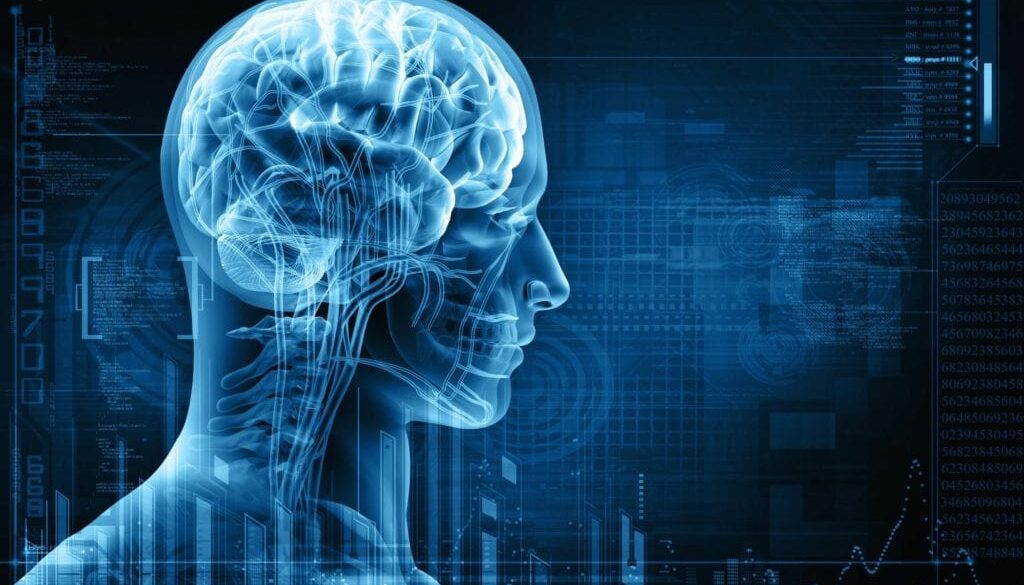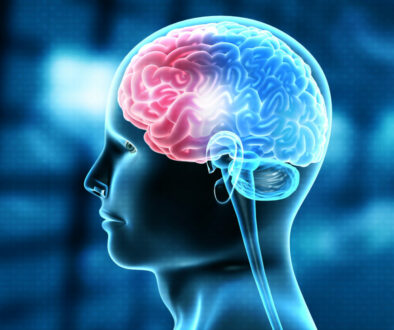Myth: You Have to Hit Your Head to Have a TBI or Concussion!
updated Sept. 10, 2018
Common Signs of a TBI or Concussion:
People who experience mild-severe brain injuries or concussions can do so via physical, chemical, and emotional traumas or a combination of all of the above. People who experienced post-traumatic brain injuries experience combinations of the following neurological symptoms: headaches, dizziness, ringing in the ears, double vision, balance, stability, movement problems and vague blurring of vision. They can also experience many psychological symptoms such as:
They can also experience many psychological symptoms such as post-traumatic depression (PTSD), anxiety, personality changes, insomnia and loss of sex drive. Also, people with post-traumatic brain injuries have changes in their mental functioning, primarily difficulty in concentrating, inability to work effectively and difficulty maintaining attention and retaining long and short-term memories.
You do not need your head to have a TBI or concussion. That is a common myth and one that should be dispelled quickly. If you feel that you may have a TBI or concussion as a result of these previously mentioned factors, please call me.



